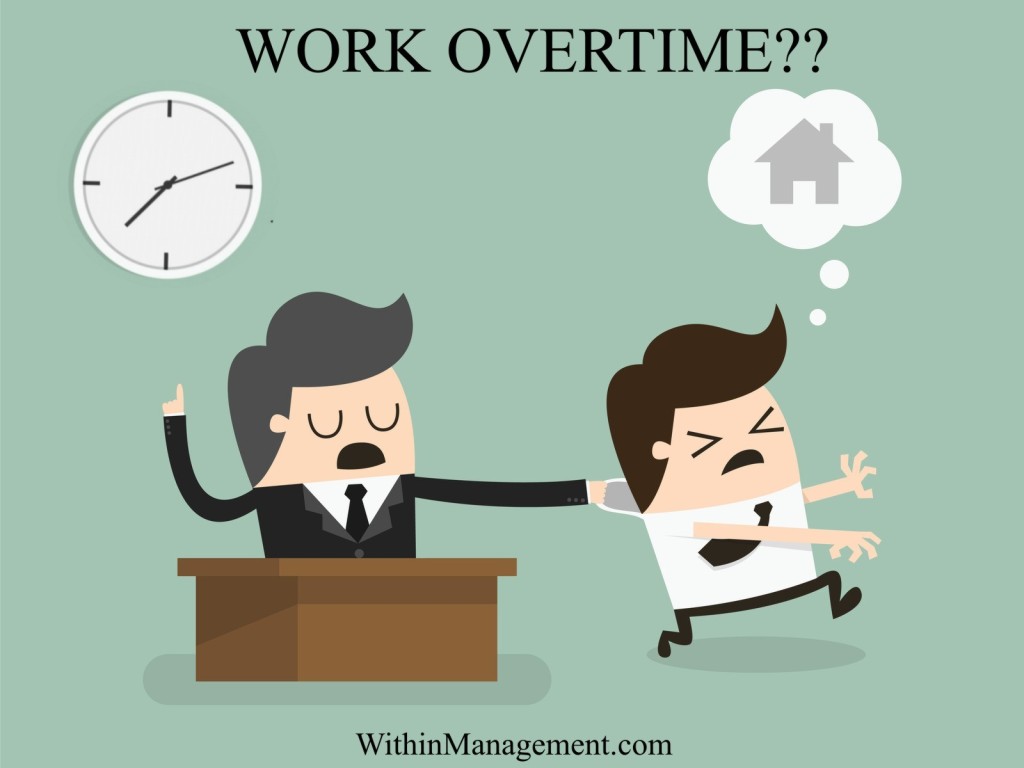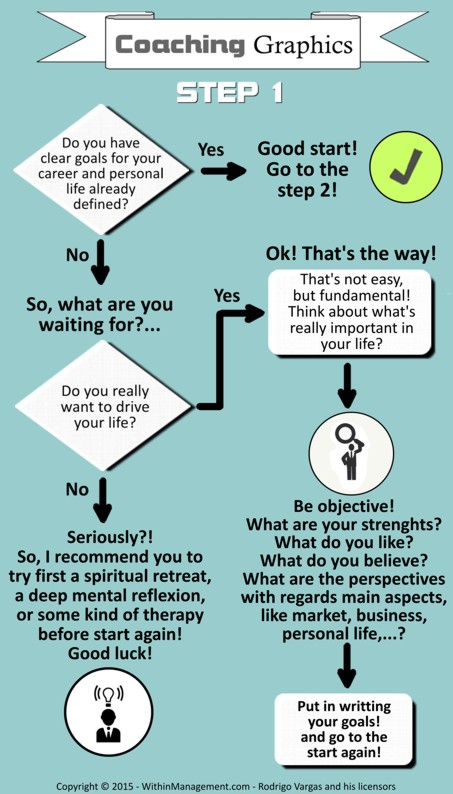
The Jevons paradox was described by the English economist William Stanley Jevons in his book “The Coal Question”, published in 1865. In his analysis, the author noted that advances in the efficiency of steam engines, which provided a lower consumption of coal to produce the same amount of energy, led, however, to an increase of the total consumption of coal due to higher demand. Thus, the Jevons Paradox occurs whenever the increase in the efficiency of use of a given resource leads, not to a reduction, but to an increase in the total consumption of that resource. This is the effect produced by an elastic consumption curve*, that is, the one in which the cost reduction causes a proportionally greater increase in its demand. Continue reading “The Jevons Paradox”




































